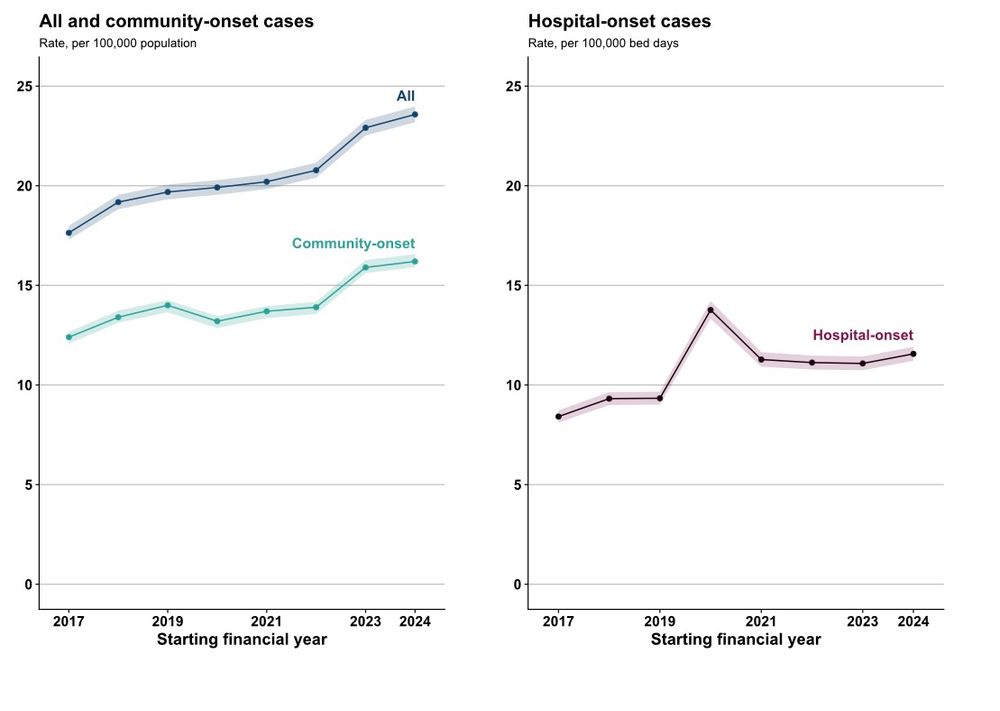Zahin Amin-Chowdhury
@acciochoc.bsky.social
42 followers
67 following
12 posts
epidemiologist @UKHSA • MSc Epi @lshtm • excited about all things #infectiousdiseases #vaccines #pneumococcus & now #hcai
Posts
Media
Videos
Starter Packs
Reposted by Zahin Amin-Chowdhury
Reposted by Zahin Amin-Chowdhury
Reposted by Zahin Amin-Chowdhury
Tara C. Smith
@aetiology.bsky.social
· Mar 1
Reposted by Zahin Amin-Chowdhury
Reposted by Zahin Amin-Chowdhury
Andrea Mazzella
@andmazzella.bsky.social
· Jan 16

Bloodstream Infections in Critical Care Units in England, April 2017 to March 2023: Results from the First Six Years of a National Surveillance Programme
Background: Patients in critical care units (CCUs) are at an increased risk of bloodstream infections (BSIs), which can be associated with central vascular catheters (CVCs). This study describes BSIs,...
www.mdpi.com













